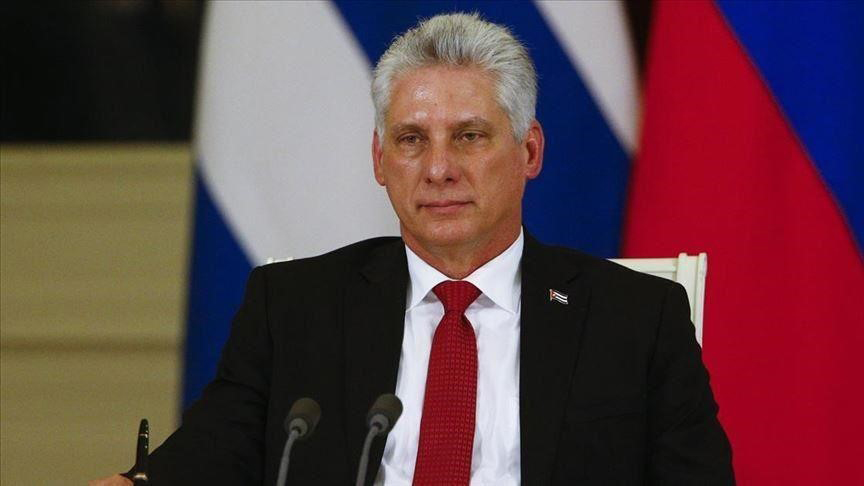HAVANA, (Reuters) – Cuba’s Catholic Church yesterday said the “door was open” to future talks over the release of prisoners on the island following a meeting the previous day with Cuban President Miguel Diaz-Canel and top advisors.
Communist-run Cuba has faced sharp criticism from rights groups, the United States and the European Union following the imprisonment of hundreds of protesters after the July 11, 2021, riots, the largest since former Cuban leader Fidel Castro’s 1959 revolution.
The church’s Cuban bishops met with Diaz-Canel and advisors late on Wednesday to discuss “the work of the Catholic Church, the socioeconomic situation of the country … and the strengthening of values in society,” according to a statement from the presidency.
The official statement did not cite further details, but Ariel Suárez, the secretary of Cuba’s Bishop’s Conference, told Reuters the two parties discussed the prisoner situation and that the talk was open and frank.
“The Church is grateful for the possibility of the meeting and above all, grateful that the door for subsequent meetings has been left open,” Suarez said. “That willingness exists, and it was expressed by both parties.”
The Vatican has proved the lynchpin in prior negotiations to release prisoners from the island’s jails.
The Church also played a key role in brokering a historic resumption of ties between Cuba and the United States in 2015 under then-U.S. President Barack Obama. Papal envoy and cardinal Benjamin Stella, who visited Havana in February, said a potential amnesty was “on the table” but that the response did not depend on the Roman Catholic Church.
Suarez told Reuters the Cuban bishops had long sought Wednesday’s meeting with Diaz-Canel to discuss this issue and others.
“The Bishops had requested a meeting with the president more than two years ago,” he said. “It came together now.”
Authorities in Cuba have said those jailed following the July 2021 protests are guilty of crimes including public disorder, resisting arrest, robbery and vandalism, and have wavered little from those arguments in the past several months.

